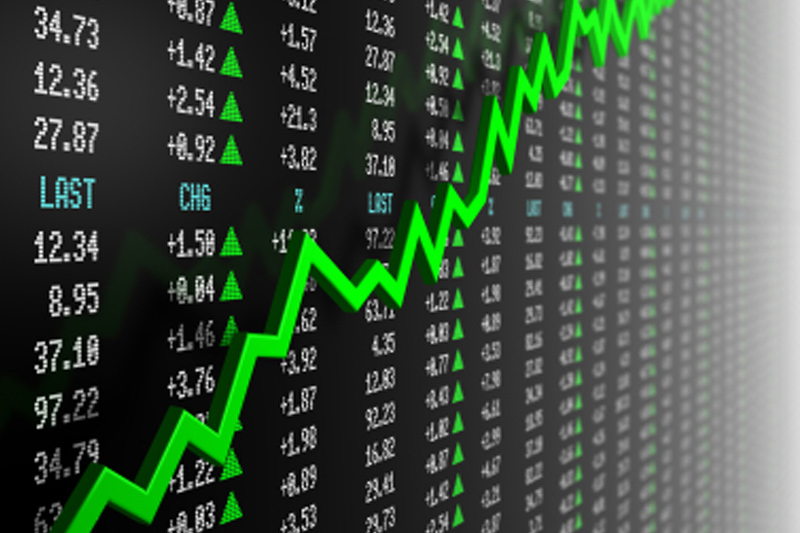Microvast Holdings announces departure of chief financial officer
(Adds background)
LAGOS, April 21 (Reuters) - Nigeria's annual inflation in
March rose for a seventh straight month, the statistics office
said on Tuesday, as border closures continued to push prices
higher.
Inflation rose to 12.26% year on year, up from 12.20% in
February and the highest since April 2018, when it stood at
12.48%.
Food inflation grew to 14.98% year on year, up from 14.90%
in February, the figures showed.
The increases were driven primarily by a land border closure
that began in August 2019, shutting out all trade in goods in an
effort to stamp out smuggling of banned items such as rice
coming in from neighbouring countries.
The closure has led to sporadic shortages of items such as
chicken and margarine, and has boosted the price for other
staples such as rice for Nigeria's 200 million citizens.
The nation has since imposed lockdowns in Lagos, Abuja and
Ogun states in an effort to stem the spread of the new
coronavirus, but those did not begin until April, and so are not
reflected in the March statistics.
A decline in the value of the naira is also likely to add
upward pressure to consumer prices later in the year. In late
March, the Nigerian central bank devalued the official currency
rate by 15% in a move to converge a multiple exchange rate
regime which it has used to manage pressure on the naira.
The move followed a steep drop in oil prices, Nigeria's
primary source of foreign exchange, which has since intensified
due to a plunge of some 30% in global fuels demand amid
coronavirus lockdowns. O/R
